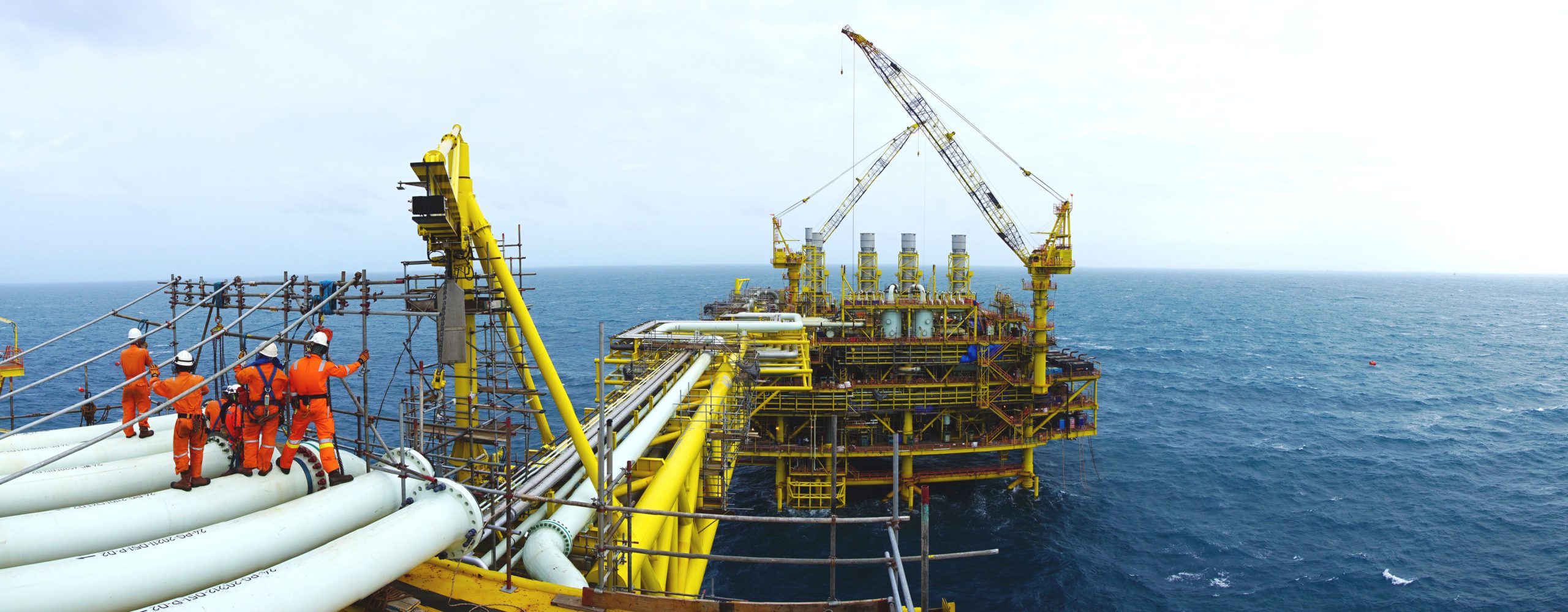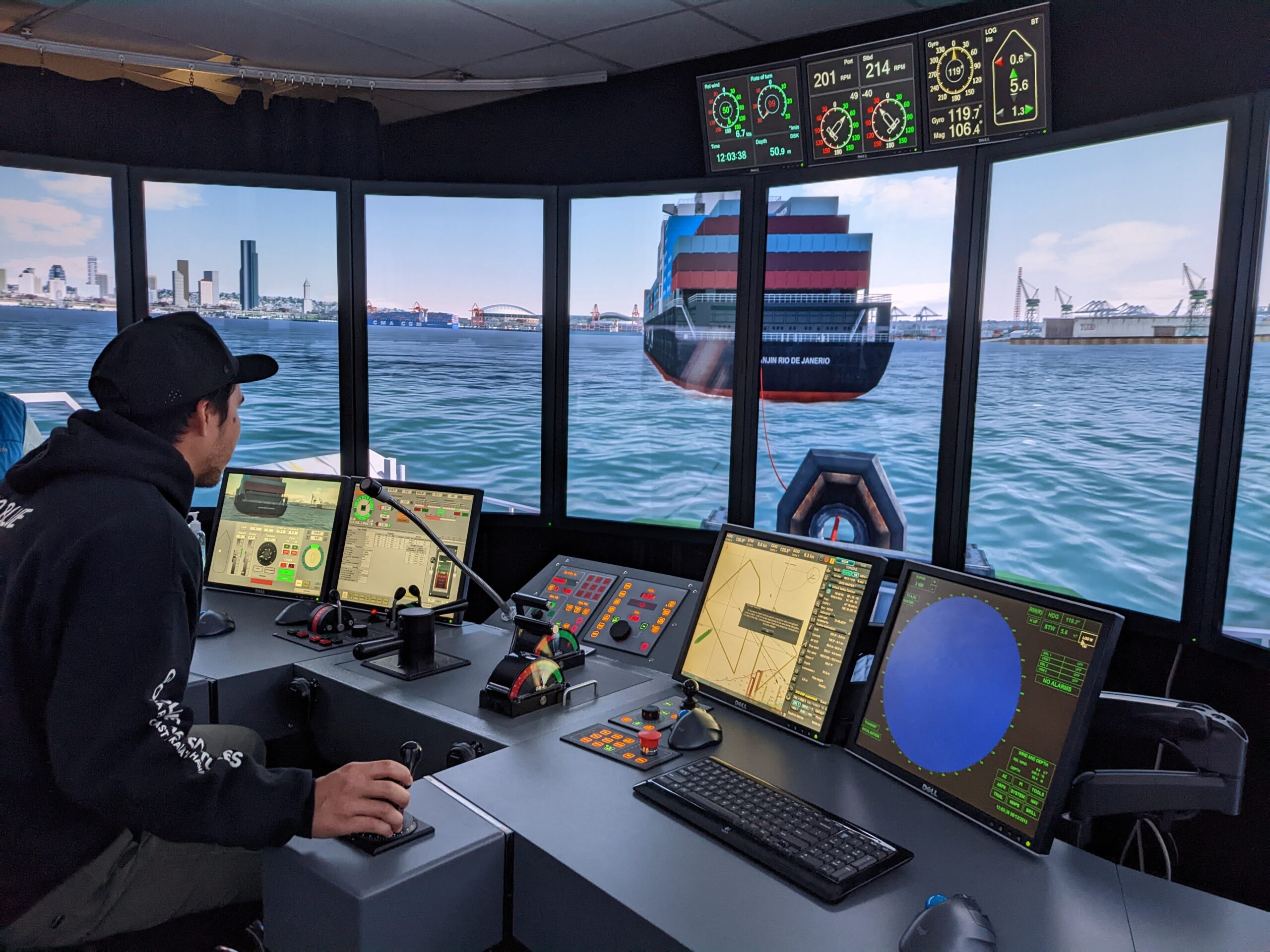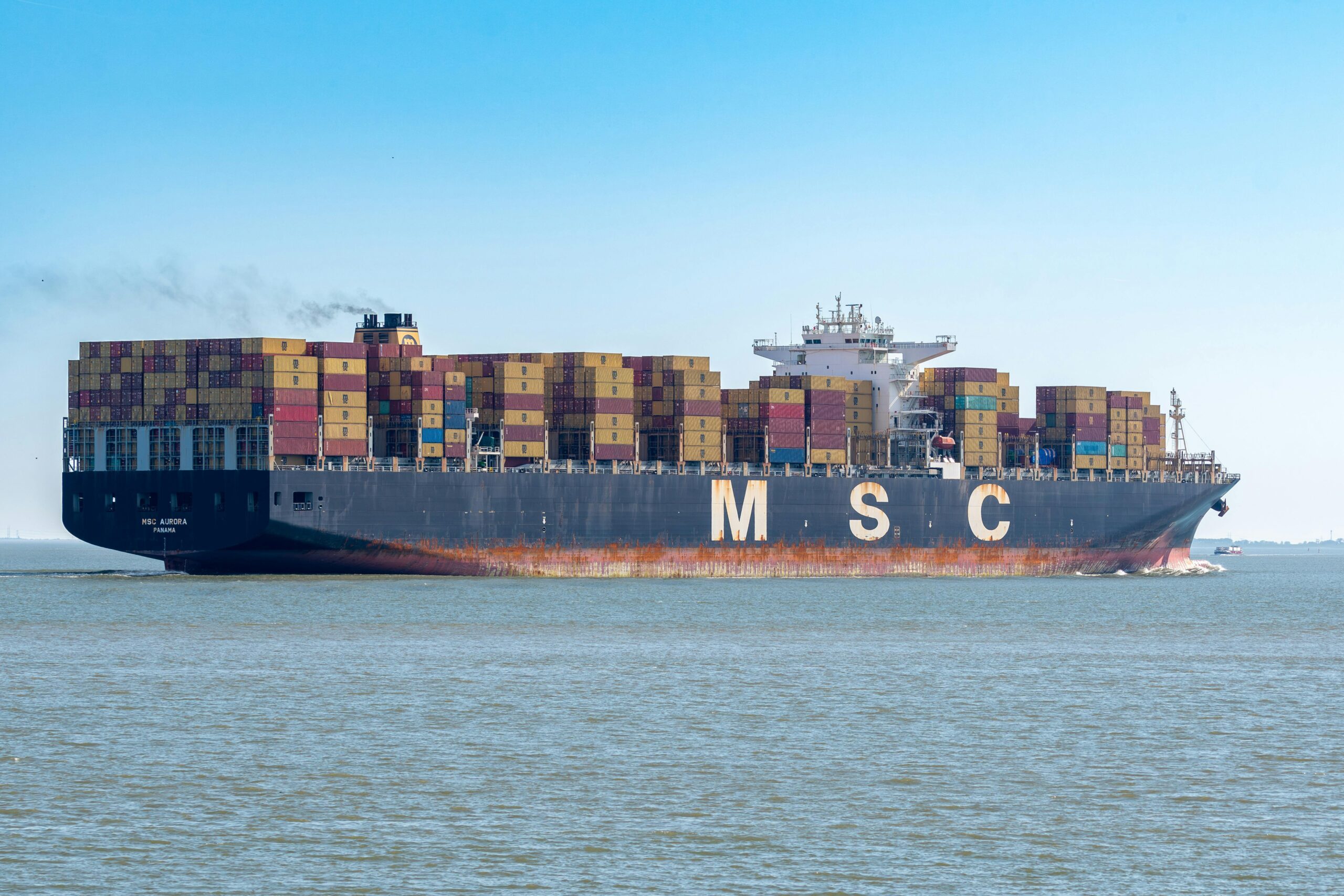There were 6 deaths and 274 injuries from offshore incidents in 2020, according to the Bureau of Safety and Environmental Enforcement (BSEE)—a government agency that was established after the 2010 explosion of the Deepwater Horizon in an attempt to improve safety in the offshore oil and gas industry.
If those numbers seem low to you, that’s because they are.
The truth is there is no reliable system for the reporting and tracking of worker injuries and fatalities, even though the offshore oil and gas industry is widely acknowledged as one of the most dangerous in the world.
BSEE does not track:
- Incidents in state waters (within three to nine nautical miles of shore, depending on the state)
- Fatalities that occur while workers are in transit to and from fixed platforms
- Deaths that have not been classified as work-related
By BSEE’s admission, the agency will not even count the loss of 13 offshore workers aboard the Seacor Power when the vessel capsized on its way to a lease off the Louisiana coast in April 2021.
The loss of Seacor Power is just one example of an offshore disaster that BSEE should have recorded. Even the Occupational Safety and Health Administration (OSHA) considers personnel transfers as part of an offshore worker’s duties. In a February 2007 interpretation letter, OSHA addressed a question about whether transport between platforms or from shore to a platform would be considered work-related in an accident or injury. The response was, “travel conducted between the two offshore oil platforms would not be considered the employee’s normal commute from home to work. Instead, such travel would be considered a work activity in the interest of the employer.”
Offshore workers face grueling schedules and conditions that place their lives in danger every single day, from heavy weather and rough seas to the presence of volatile substances and heavy machinery. They also have limited access to medical attention while at sea, which can affect their chances of survival. Of the 24 offshore worker fatalities between 2005 and 2019 deemed not work-related (and therefore not counted by BSEE), the incidents occurred an average of 60 miles from shore. That’s 60 miles over open water, away from medical facilities that could have rendered aid.
BSEE isn’t the only entity in the United States that’s responsible for keeping offshore workers safe. There are also OSHA and the National Institute for Occupational Safety and Health (NIOSH). Maritime employers working within 3 nautical miles of shore must report injuries and fatalities to OSHA within 8 to 24 hours. OSHA and NIOSH, however, do not have in-depth statistics or information on offshore worker injuries and fatalities.
What’s more, there is no regulated tracking system in place for the reporting and monitoring of offshore incidents on a state level.
Why Is It So Difficult to Find Information on Offshore Injuries?
A few factors make it difficult to find accurate and detailed information on offshore incidents. This is true not only for American-owned vessels and American workers but also across the planet.
Questions of Jurisdiction
BSEE has distinct limits on its jurisdiction over offshore fatalities and injuries, such as excluding those that occur in state waters. It would seem that OSHA has jurisdiction in state waters, and yet the organization does not track (or have available to the public) information on offshore worker injuries.
Incidents in Foreign Waters & Under Foreign Flags
Tracking offshore incidents in foreign waters or on vessels sailing under foreign flags can also be challenging. Some companies fly foreign flags, like the Globetrotter II, which nearly capsized several times during Hurricane Ida in 2021 while under a Liberian flag, or the Deepwater Horizon, which flew a flag of convenience under the Republic of the Marshall Islands.
As many as 40% of offshore fatalities occur on vessels flagged in other countries.
Unregistered Vessels & Undocumented Workers
Unregistered vessels and undocumented crew members are two other potential issues with underreported offshore injuries and deaths. Misclassifying offshore workers, allowing workers on board without proper documentation, and hiring foreign workers “under the table” can make it more likely that offshore incidents will not be reported at all.
Pressure to Sign Statements
Some offshore injuries may go unreported—even to workers’ families and friends—if workers are pressured into signing statements denying that they were hurt, that an incident happened, or that their employers were to blame. Survivors of the Deepwater Horizon explosion reported escaping or being rescued from the burning rig only to be isolated for 36 to 40 hours, unable to phone their families. When they finally made it to shore, drug testing awaited them, and they faced pressure from their employer to sign statements if they wanted to go home. Many signed. Some companies use tactics like these to try to get offshore workers to sign away their rights to file suit and seek compensation for their injuries.
Protecting the Rights of Offshore Workers
Why should we focus on finding accurate information on offshore injuries? The offshore oil and gas industry needs more oversight, particularly regarding worker safety. However, it’s difficult to pinpoint the main risks and problems if we cannot gather reliable insight into the number of accidents, why they happened, and who was affected. This is a challenging undertaking and one that will require agencies like BSEE to do more.
The maritime lawyers at Arnold & Itkin have been fighting for maritime worker safety since 2004. The firm has helped survivors and families after the worst offshore disasters, including the Deepwater Horizon explosion, the loss of the El Faro, and numerous individual incidents that left workers with catastrophic injuries or families without loved ones. Arnold & Itkin is known for taking on the biggest corporations and holding them accountable. No matter what.
Sign up for our newsletter

 Join The Club
Join The Club











